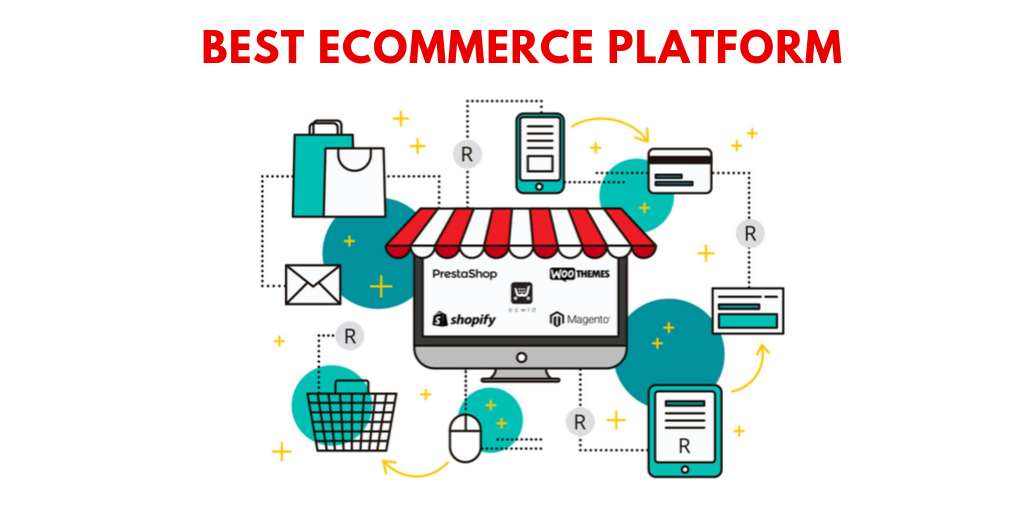6 best eCommerce platforms To Start an Ecommerce Store
With the right tools, it's easy for any small business to quickly start selling online and join the gold rush—and with a decent eCommerce website builder, you can list your products, take payments, and handle shipping, all without leaving the comfort of your home office.
In researching this list, I looked at more than 50 different options for building eCommerce websites. There are solutions for every kind of business, from indie creatives to multinational corporations, but for this list, I focused on platforms that best fit the needs of small and medium businesses, especially those newly exploring selling online or selling physical products. This isn't to say my picks won't work for other kinds of businesses, but if you're selling a couple of dollars a month worth of Lightroom presets or $5 million worth of potatoes, you might want to look elsewhere. (Though you can scroll to the end to get some enterprise eCommerce options.)
Here are the six best eCommerce platforms:
Shopify for getting up and running quickly
Square for selling in-person and online
Ecwid by Lightspeed for starting with a free plan—then growing
BigCommerce for large-volume sellers
WooCommerce for adding a shopping cart to an existing WordPress site
Wix for building a complete site
How to choose the right eCommerce website building platform for your online store
If you're new to eCommerce platforms, it can be a bit overwhelming. Here are the primary things you should focus on when making your pick:
Budget. Start small, and scale as you need. While it's tough to find a robust free option, you can get a feel for a product on one of its lower tiers before committing to something that will break the bank.
Features. Of course, your budget will affect the features. All the eCommerce website builders on this list offer the basic features, but if there's one thing that's a dealbreaker for you (e.g., the ability to also sell in person), start there and work backwards.
Your familiarity with website builders. Some apps are just more beginner-friendly. Your time is valuable, so if you're not super technical, be sure you feel ok navigating the interface.
Support. When you run into issues, are you comfortable troubleshooting on your own? If not, you'll want to prioritize support features.
Analytics. Robust analytics are important as you grow, so be sure the platform you choose is reporting on your metrics in a way you feel confident analyzing and acting on.

